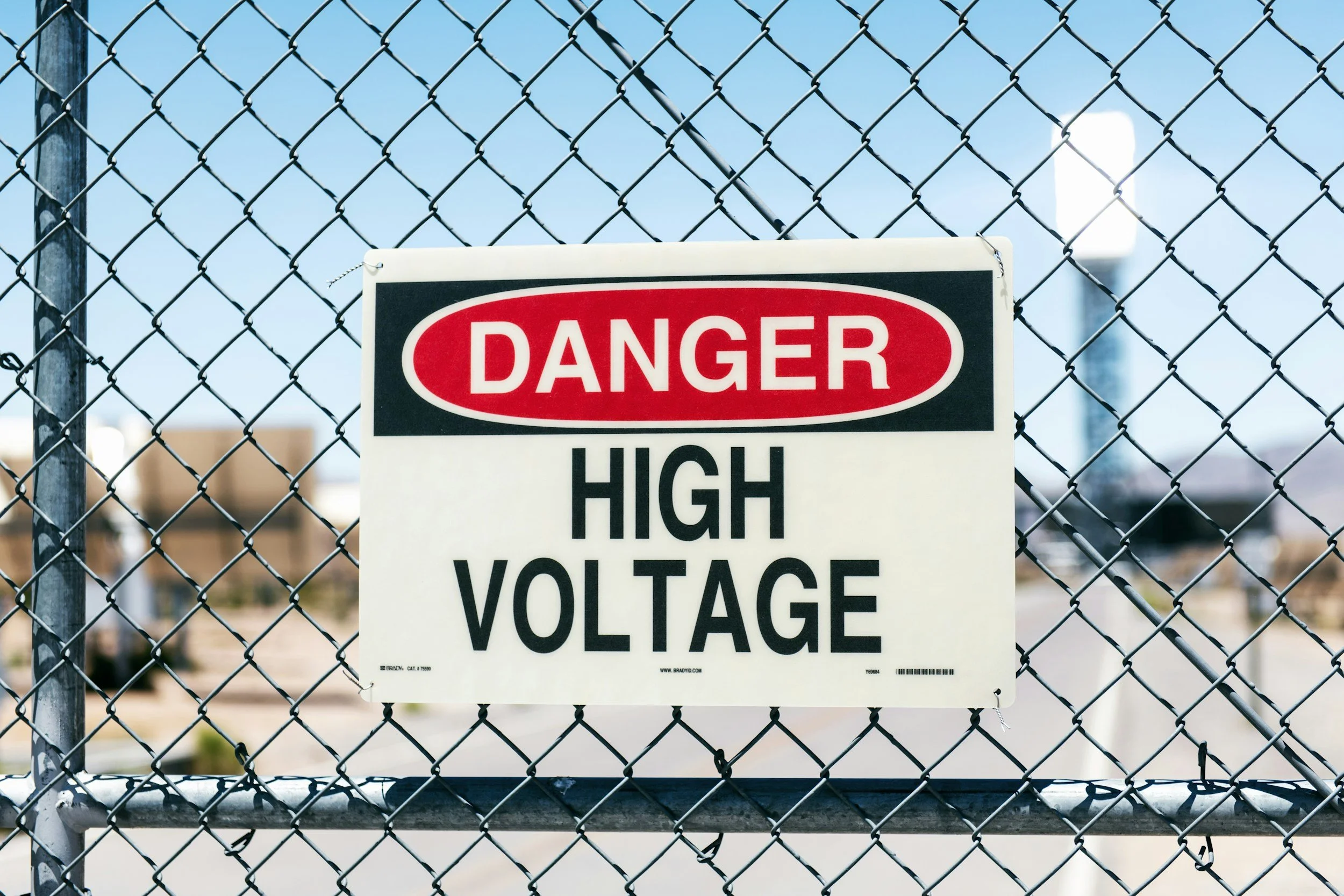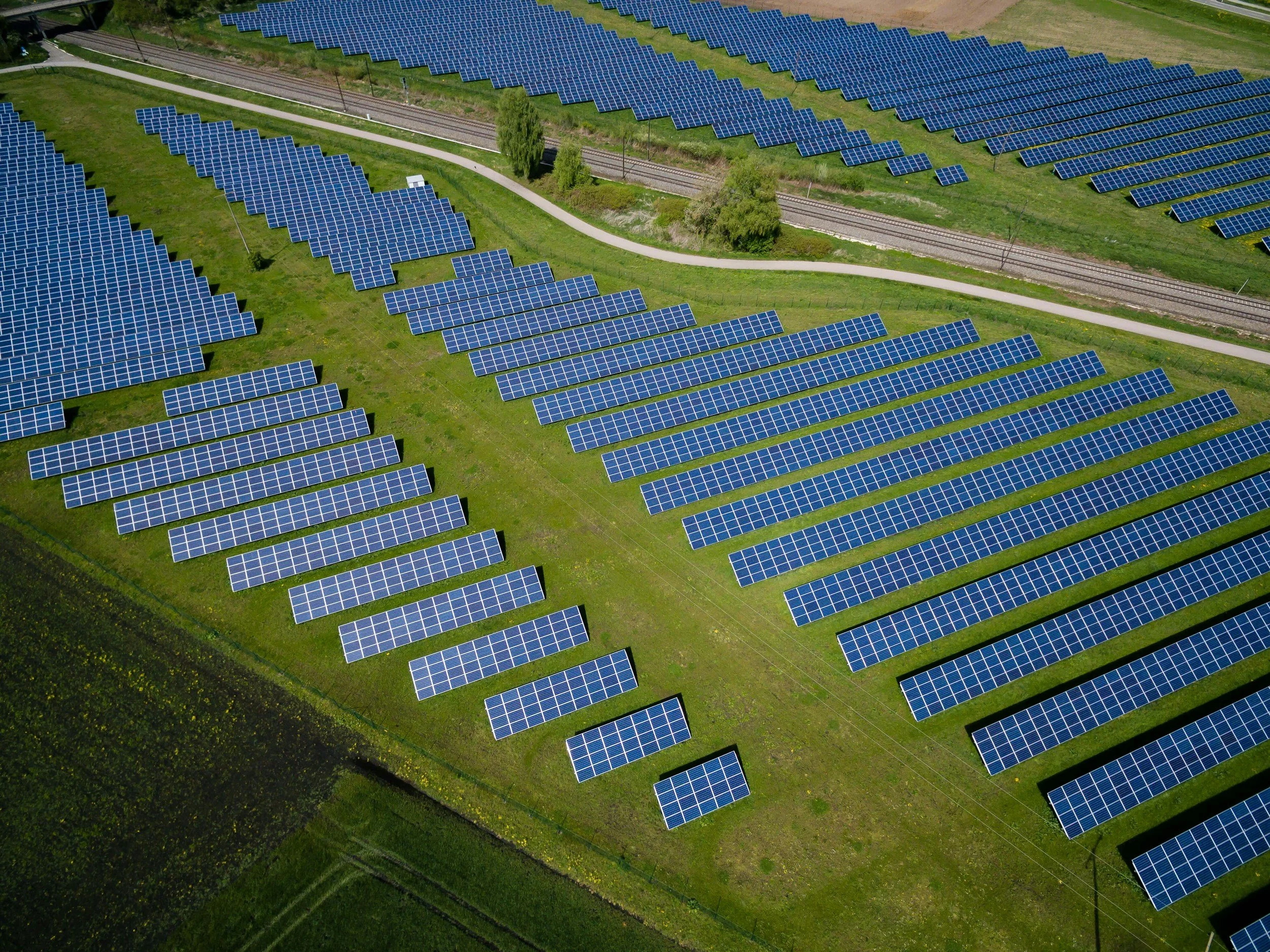Energy Broker vs Energy Consultant: Why Trust, Expertise, and Loyalty Matter
When it comes to utilities, the terms “broker” and “consultant” are often used interchangeably - but there’s a significant difference. While a broker might focus on transactions and the cheapest available deal, a consultant is a trusted advisor, offering strategic guidance tailored to your business.
At CEB Consultants, we pride ourselves on being more than brokers. We are your trusted utilities partner, building long-term relationships with our clients based on trust, loyalty, and expertise. This includes electricity, gas, water, waste, and telecom services, while also leveraging our HV/LV technical expertise to ensure your infrastructure is safe, efficient, and future-proof.
Understanding HA, HV, and LV: What UK Businesses Need to Know
Whether you run a small office, a large factory, or a critical facility like a data centre, understanding how electricity is supplied and categorised can help you manage costs, reliability, and future planning. In the UK, businesses typically deal with three levels of energy supply: HA (High/Heavy Demand), HV (High Voltage), and LV (Low Voltage). In this guide, we explain what each means, give real-world examples, and highlight why specialist knowledge matters.
From Volatility to Strategy: How Businesses Must Rethink Energy Procurement for 2026
“The energy market of 2026 will not reward those chasing the cheapest price - it will reward strategic planning.”
RTS Phase-Out: Where Are We Now?
The Radio Teleswitch Service (RTS), which has helped manage multi-rate electricity tariffs for decades, is being phased out across Great Britain. This longwave radio system is being replaced because the transmitters are now at the end of their operational life, and failure could disrupt heating, hot water, and electricity for hundreds of thousands of sites.
What Solar Owners Need to Know About Export Payment Options: PPA (Power Purchase Agreement) vs SEG (Smart Export Guarantee):
When it comes to monetising the electricity your solar system generates, understanding your export payment options is crucial. Two primary routes exist for solar owners in the UK: the Smart Export Guarantee (SEG) and Power Purchase Agreements (PPA).
Falling Gas Prices: What UK Businesses Need to Know This Winter
As we step into December, we are keeping a close eye on energy costs - and the latest wholesale gas prices bring some welcome news. After months of volatility, prices have dropped, creating potential opportunities for businesses to reduce operating costs, review contracts, and plan strategically for the winter months ahead. In this post, we explain what falling gas prices mean for business energy bills and how companies can make the most of this moment.
Why Are Businesses Paying for Grid Upgrades While Energy Giants Celebrate Record Profits?
UK businesses are bracing themselves for another round of increased electricity costs. Transmission charges, distribution fees, and other third-party levies - collectively often referred to as “non-commodity” charges - are set to rise sharply. But there’s a question that’s becoming harder to ignore: why are businesses and consumers shouldering the cost of grid upgrades, while the major energy companies report record profits?
Brace for impact: Third‑party charges and TNUoS set to climb in April
As we move into the next energy‑pricing period, many businesses will see a sharp increase in non‑commodity or “third‑party” energy charges. Among these, the transmission network charge known as TNUoS is likely to dominate the cost rise. Here’s what you need to know - and how to prepare.
Electric Vehicles & Site Energy Planning: Reducing Unexpected Charges
The transition to electric vehicles (EVs) is no longer optional for many businesses. With fleets electrifying and employee EV charging becoming a workplace expectation, businesses need to plan carefully to avoid unexpected electricity costs. Without a strategic approach, what seems like a sustainable upgrade could lead to costly spikes in energy bills.
What OVO and Octopus Tell Us About Energy Resilience in 2025
Ofgem’s new capital adequacy rules are reshaping the landscape by requiring energy suppliers to hold sufficient working capital to survive market shocks. Several suppliers, including OVO Energy and Octopus Energy, have recently been flagged for falling short of these requirements - a clear sign that mission-led brands are not immune to financial discipline pressures.
MHHS Rollout: The Next Step in UK Energy Settlements
The UK electricity market is undergoing one of its most significant transformations in decades: the rollout of Market-wide Half-Hourly Settlement (MHHS). Designed to bring precision, transparency, and flexibility to electricity billing, MHHS is poised to change how businesses, suppliers, and energy markets operate.
Update on Tomato Energy
We know there’s been a lot of news recently about Tomato Energy, and we wanted to provide a clear update. The company has invited administrators in, and while this is a challenging time, we want to reassure you that everything is being carefully managed. We’ve been in contact with every customer affected and are actively supporting them throughout this situation.
UK Greenlights Its Largest Solar Farm: 700 MW Tillbridge Project Approved
The UK government has officially approved the 700 MW Tillbridge Solar Farm, a milestone project set to become the largest solar installation in the country. Located near Gainsborough, Lincolnshire, the project will span roughly 1,200 hectares of farmland and generate enough clean electricity to power around 300,000 homes.
The approval was announced by Energy Secretary Ed Miliband, who framed the decision as part of the government’s broader push to “double onshore wind, triple solar and quadruple offshore wind” capacity by 2030.
How Digitalisation and Better Energy Data Can Transform Multi-Site Businesses
Managing energy across multiple sites can be complex. Different contracts, varying consumption patterns, and inconsistent data can create inefficiencies, missed savings, and administrative headaches.
Digitalisation is changing the game. By leveraging modern energy data and analytics, multi-site businesses can gain insight into usage patterns, optimise capacity, and control costs more effectively.
Great British Energy (GBE) Act Becomes Law
In May 2025, the Great British Energy Act received Royal Assent, formally enshrining GBE as a publicly owned, operationally independent energy company.
Under the new law, the Secretary of State can designate a company as “Great British Energy,” so long as it is wholly owned by the Crown.
The Act mandates GBE’s objects to include facilitating, participating in, and investing in clean energy production, distribution, storage, and supply, as well as reducing greenhouse gas emissions and improving energy efficiency
Renewables pass the halfway mark in UK power generation.
The UK has reached a major clean energy milestone. In 2024, renewable sources supplied 50.4% of the nation’s electricity, up from 46.4% in 2023 - the first time that renewables have consistently generated more than half of the country’s power. It’s a remarkable achievement for a sector that, just a decade ago, accounted for less than 20% of the UK’s electricity supply.
Ofgem Targets Standing Charges: What It Means for Your Energy Bills
The UK’s energy regulator, Ofgem, has confirmed plans that could shake up how we all pay for our electricity and gas. By January 2026, every major energy supplier will be required to offer at least one tariff with a lower daily standing charge - the fixed fee you pay simply to be connected to the grid.
At first glance, this might sound like a token gesture. After all, suppliers could simply shift more of your bill into the per-unit cost (the price per kilowatt-hour) instead. But this move is about more than just rearranging the numbers - it’s about choice, fairness, and the future of how we pay for energy.
From Heatwaves to Heating: Preparing Your Business for Seasonal Energy Shifts
As summer draws to a close, businesses across the UK face a familiar challenge: adapting to seasonal changes in energy demand. The long, hot months have seen cooling systems, air conditioning, and refrigeration working overtime. Now, as temperatures dip and the focus shifts towards heating and lighting, businesses must be ready for a different set of pressures on energy consumption - and costs.
Understanding the New Nuclear Regulated Asset Base (RAB) Levy
From 1st November 2025, a new government levy will be introduced to all electricity bills across the UK: the Nuclear Regulated Asset Base (RAB) Levy.
This charge has been created by the government to help fund the construction of new nuclear power stations, starting with Sizewell C. It applies to all UK electricity consumers, unless you qualify for an Energy Intensive Industry (EII) exemption.
Labour’s Industrial Strategy: What Cheaper Energy Means for UK Heavy Industry
The UK’s industrial landscape could be in for a major shake-up.
Labour has unveiled a bold Industrial Strategy aimed at transforming Britain’s energy-intensive sectors - with a promise to cut electricity costs for heavy users by up to 25% by 2027.
This long-awaited reform is big news for over 7,000 manufacturers across the UK, many of whom have long warned that the high cost of power has undermined their global competitiveness.




















